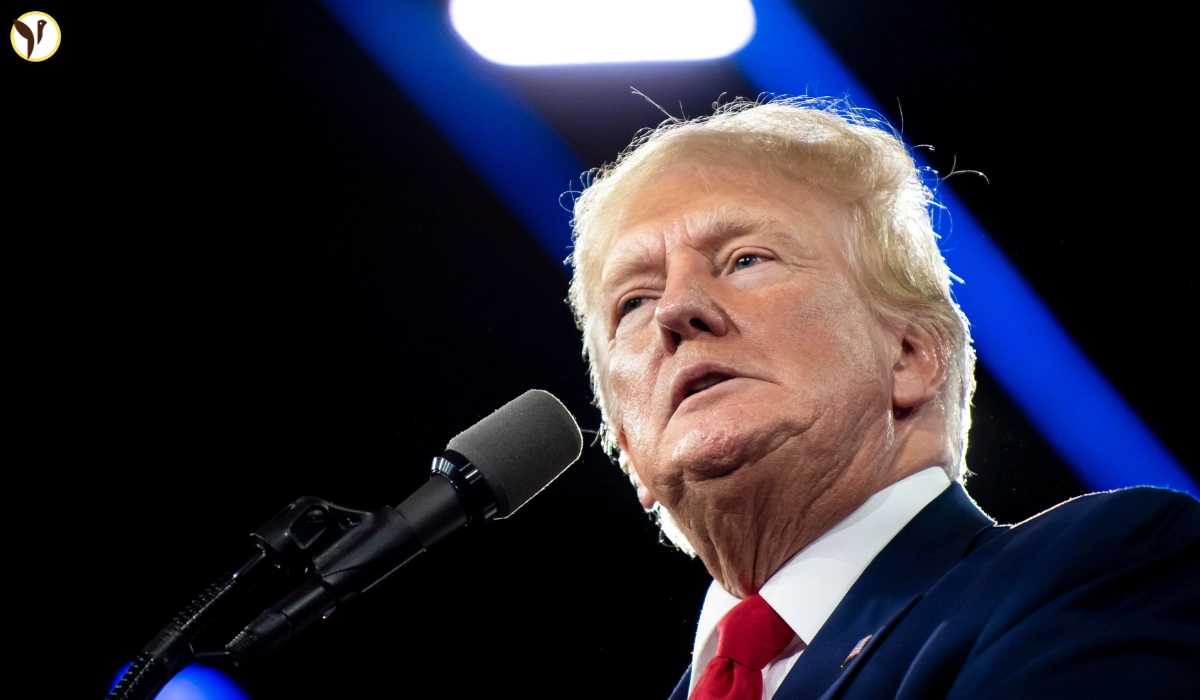In June 2025, former U.S. President Donald Trump introduced a new order that will stop people from entering the United States if they come from certain countries. This decision came just months ahead of the presidential election and is seen by many as a repeat of the controversial travel bans from his first term. The order states that people from 19 countries will be affected, with some facing full entry restrictions and others partial ones. Trump said this was necessary to protect the country. Many people are now trying to understand how the ban works, who it applies to, and what it means for travel in the coming months.
Which Countries Are on the List?
The travel ban includes 19 countries. People from 12 of those countries won’t be allowed to enter the U.S. at all. These include Afghanistan, Iran, Somalia, Sudan, and others. These countries are believed by U.S. officials to have weak systems when it comes to background checks or communication with U.S. agencies. In addition to the full bans, there are 7 other countries with limited restrictions. In those cases, the ban only affects some types of visas — mostly short-term visits like business trips, vacations, or study programs. This means many people in those countries will still be allowed to come in under certain conditions.
Why Was This Ban Announced?
The reason given for the new ban is that some countries don’t share enough information about people who apply for U.S. visas. Trump and his team say this lack of information could allow dangerous individuals to enter the country. They also pointed to recent events where crimes were committed by immigrants who entered the U.S. without strong checks. Trump believes that by tightening travel rules, the U.S. can prevent future problems. Critics, however, say the ban is more about politics than public safety, especially since it targets mostly poor or conflict-ridden countries. The debate over its real purpose continues.
Who Is Not Affected by the Ban?
Even though the ban seems strict, it does not affect everyone. People who already live in the U.S. legally — like green card holders — can still come and go freely. People who have citizenship in two countries, one of which is not on the list, may also be allowed to enter using their other passport. Special groups like diplomats, foreign government workers, and some athletes are also not affected. The order includes exceptions for those needing emergency help, or those in serious situations, such as refugees facing danger in their home countries. It also does not cancel any valid visas that were issued before the ban goes into effect.
What Are People Around the World Saying?
The announcement has caused mixed reactions. Some countries have asked the U.S. for more details, hoping to be removed from the list. Others, like Venezuela, have strongly criticized the move, calling it unfair and harmful to international relationships. Many people around the world worry that the ban sends the wrong message about the U.S. being open and welcoming. Human rights groups and legal experts are also watching closely, wondering if the order will be challenged in court like it was the last time Trump issued a similar ban. Some believe the policy may change depending on who wins the next election.
What Should Travelers Do Now?
If you are from a country listed in the ban and planning to travel to the U.S., it is important to stay informed. Check with the U.S. embassy in your area or speak to a legal expert about your situation. If you already have a visa, you may still be able to travel depending on when it was issued. If you are waiting for a visa appointment, your application might be delayed or canceled. It’s also helpful to stay updated by following official U.S. announcements, since rules could change again, especially after the 2025 election. For now, many people are facing uncertainty and are unsure about what the future holds.
Image Source: nytimes.com









